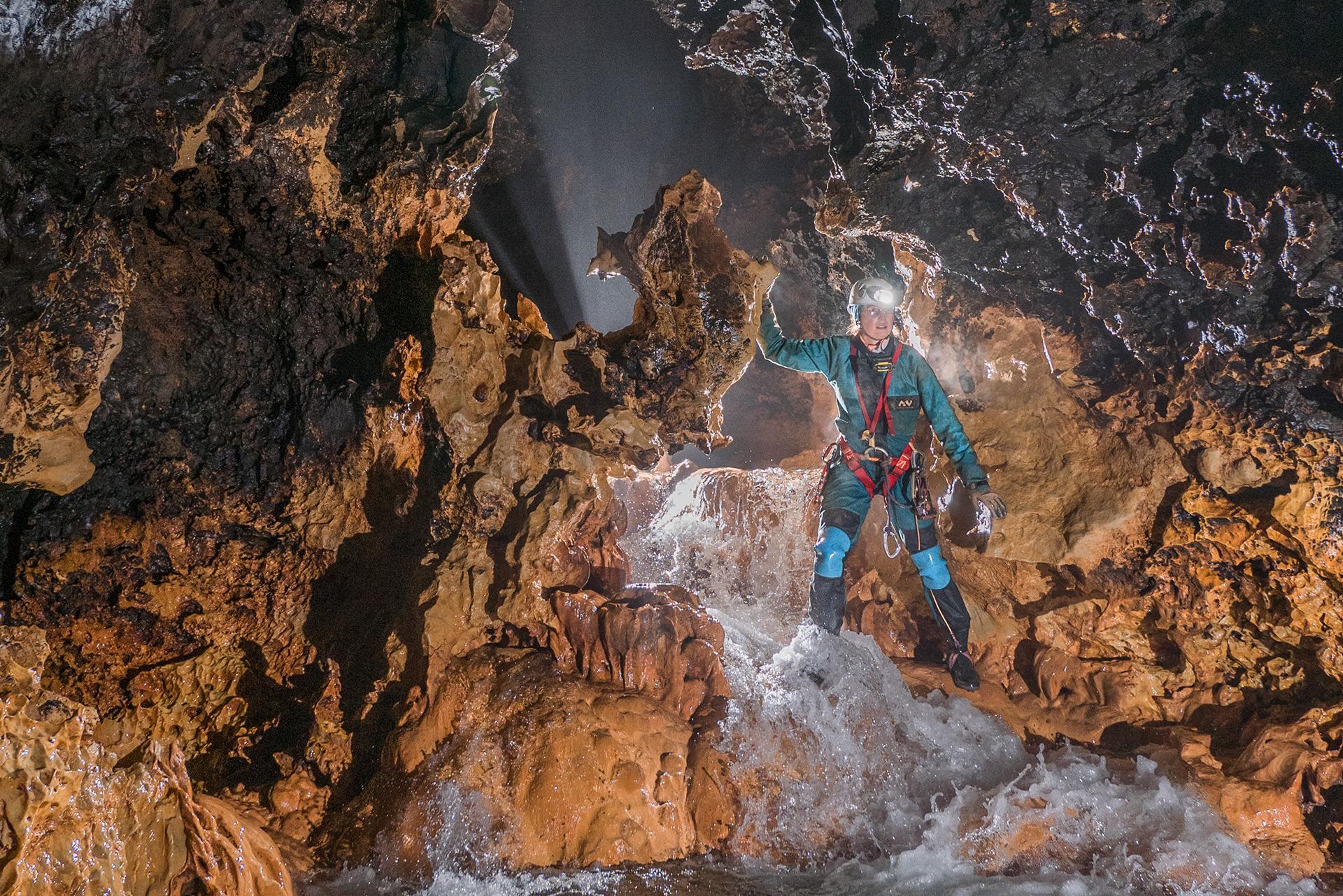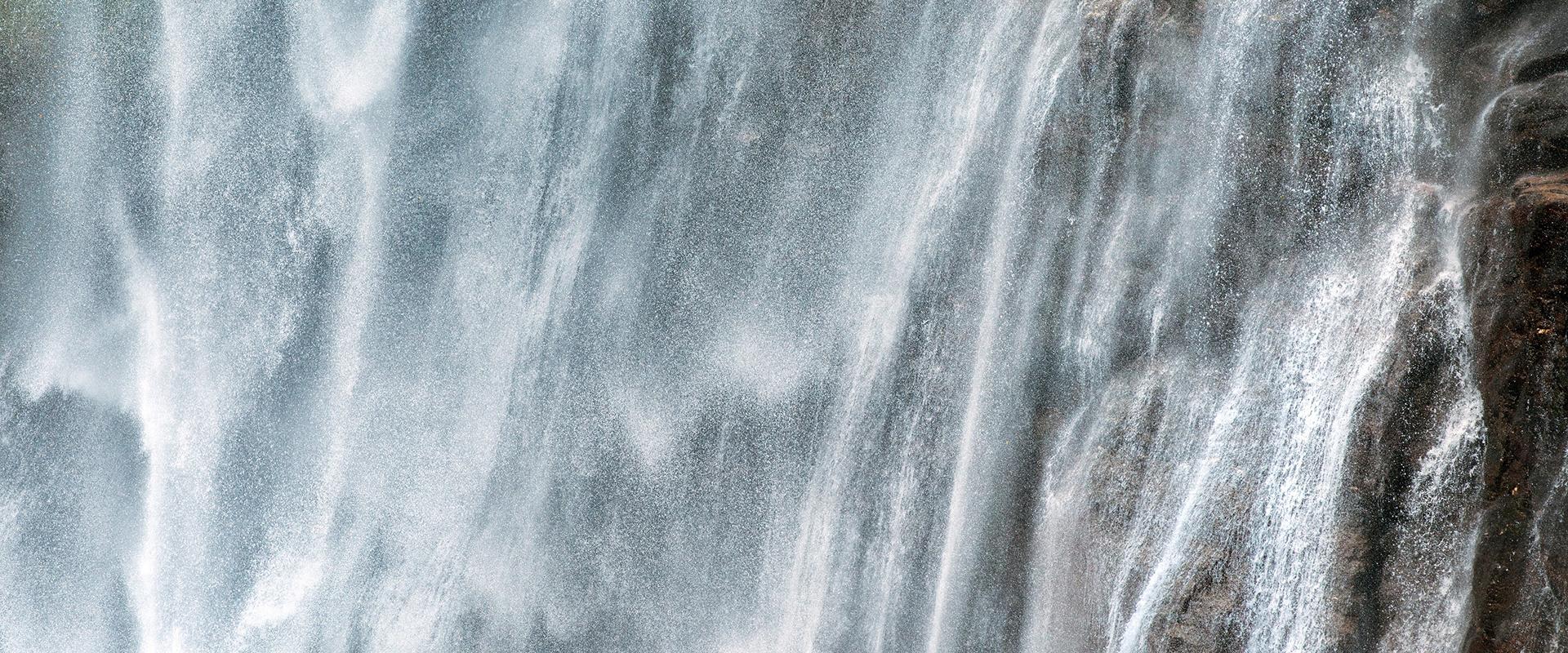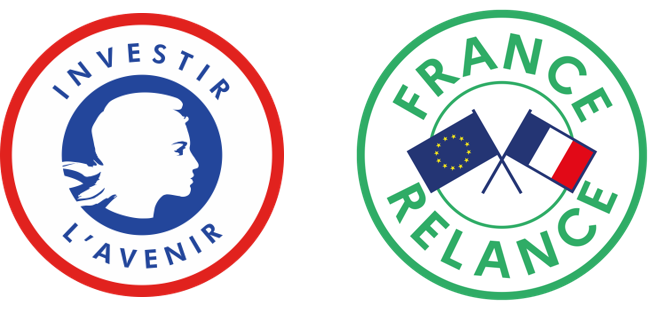The results of the first round of the “Priority Research Programmes and Equipment” (PEPR) call for proposals, published as part of the fourth future investments programme (PIA4) and the France Relance (Recovery) plan, were announced on 23 September 2021 by Frédérique Vidal, Minister for Higher Education, Research and Innovation, Guillaume Boudy, Secretary General for Investment, and Thierry Damerval, Chairman and Managing Director of the French National Research Agency.
The OneWater programme is one of the 4 exploratory PEPRs selected by the government
Among the 4 exploratory PEPRs selected following proposals by the international jury, the OneWater programme is being run jointly by BRGM, CNRS and INRAE. Dominique Darmendrail, director of the “Groundwater and Global Change” programme, is responsible for the OneWater programme at BRGM.
The intensification of hydrological extremes, due to global change, is a major challenge for our societies in the 21st century, which requires action at all levels. Water is a common good, which is essential for life and socio-economic development.
France was one of the first countries in the world to set up water governance at the catchment basin level, but the assumption that everything could be resolved at the basin level is no longer considered to be true. Global phenomena are overtaking local conditions and new questions are emerging. These challenges need to be addressed through more integrated, systemic, multi-actor approaches to co-construct solutions that are adapted to a range of different realities.
In addition to the three pilot organisations (CNRS, BRGM and INRAE), the OneWater programme also relies on several partners: Ifremer IRD, Météo-France, University of Bordeaux, University of Lyon 1, University of Montpellier (I-Site MUSE), University of Grenoble-Alpes, University of Rennes 1, University of Strasbourg, University of Toulouse Midi-Pyrénées.

6 scientific and technical challenges
Covering a period of 10 years, the OneWater programme is structured around 6 major scientific and technical challenges:
- Anticipate changes in water resources to facilitate adaptation.
- Develop the idea of a "water footprint" of environmental processes and human activities.
- Develop water as a sentinel for the health of the environment and human societies along the land-sea continuum.
- Propose solutions to promote the adaptability and resilience of socio-hydro systems.
- Support the transition to a new governance of resources for a sustainable and resilient society.
- Share water data for knowledge and action.
Two other PEPR proposals for the 2nd round of the call for proposals
BRGM has also submitted two other PEPR proposals :
- SOUSSOL (Subsurface as a common good) with the CNRS
- IRIMA on natural and technological risks, run jointly by the CNRS and Grenoble-Alpes University.
The applicants who submitted the two proposals have been invited to submit amended versions in early 2022 for the 2nd round of the “Priority Research Programmes and Equipment” call for proposals.
Priority research programmes and equipment: building or consolidating French leadership in priority scientific fields
The “Priority Research Programmes and Equipment” (PEPR) action of the fourth Future Investment Programme (PIA4) aims to build or consolidate French leadership in scientific fields that are considered to be priorities at the national or European level and that are linked to or likely to be linked to a large-scale transformation, whether technological, economic, societal, health or environment related, etc.
Lasting up to 10 years and for an average cost of €50M, a PEPR is a national programme that aims to structure and consolidate the scientific community in a specific scientific or technological field and to stimulate the emergence of new skills.
For each programme, one or more scientific pilot programmes are responsible for identifying, mobilising and involving the communities concerned by the selected themes and for leading the scientific coordination of the programme thanks to funding for equipment, human resources and team operations. In addition to the scientific leaders and institutional partners who will ensure that worthy and ambitious projects are chosen, a PEPR is therefore aimed at all research stakeholders.
Exploratory PEPRs, to structure emerging scientific sectors
Exploratory PEPRs target emerging scientific or technological sectors, with research whose areas of application may, for some, still be in the realm of working hypotheses. It is a question of exploring scientific fields which hopefully will have multiple spin-offs.
The government wishes to identify and structure these communities in order to be able to include these themes, if relevant in a few years' time, in new national strategies.
Out of a total of 67 letters of intent submitted for the first round, 20 were pre-selected in June 2021 and 19 submitted a full application in July 2021. In the end, four programmes were selected by the Government, among the proposals made by the international jury, for a total amount of nearly €200M.








